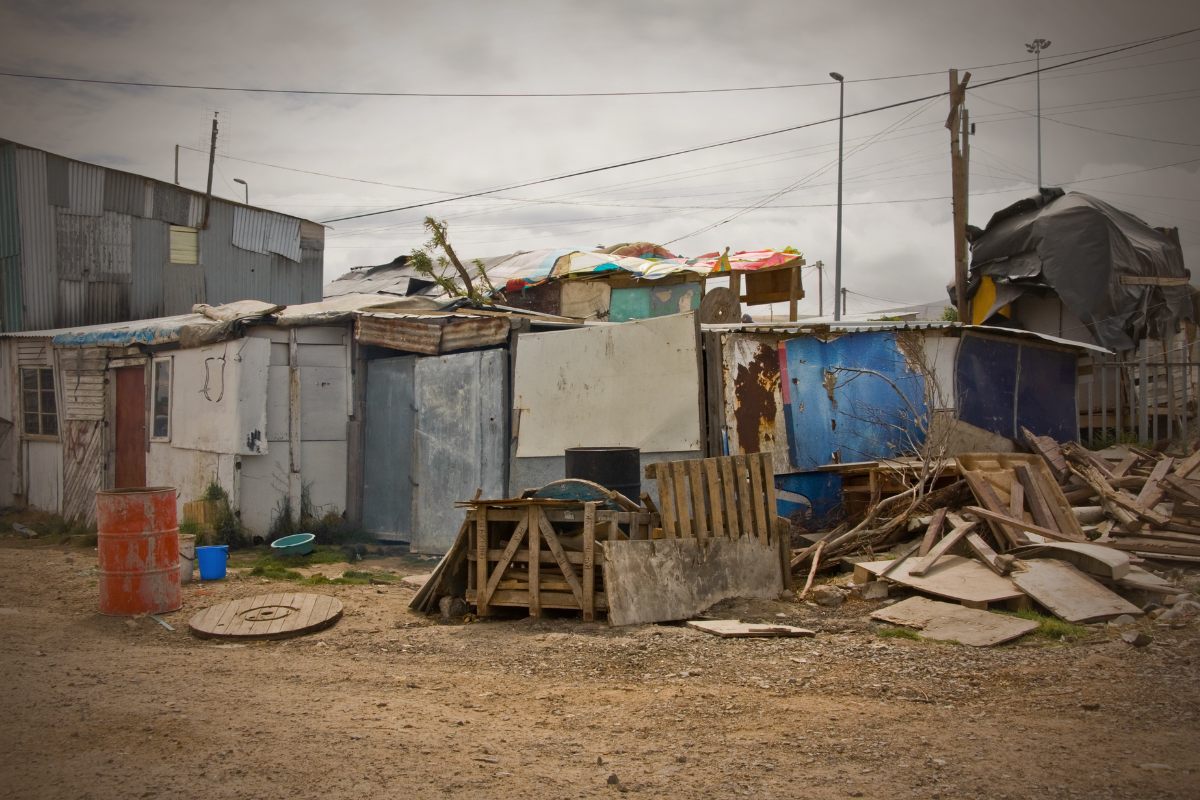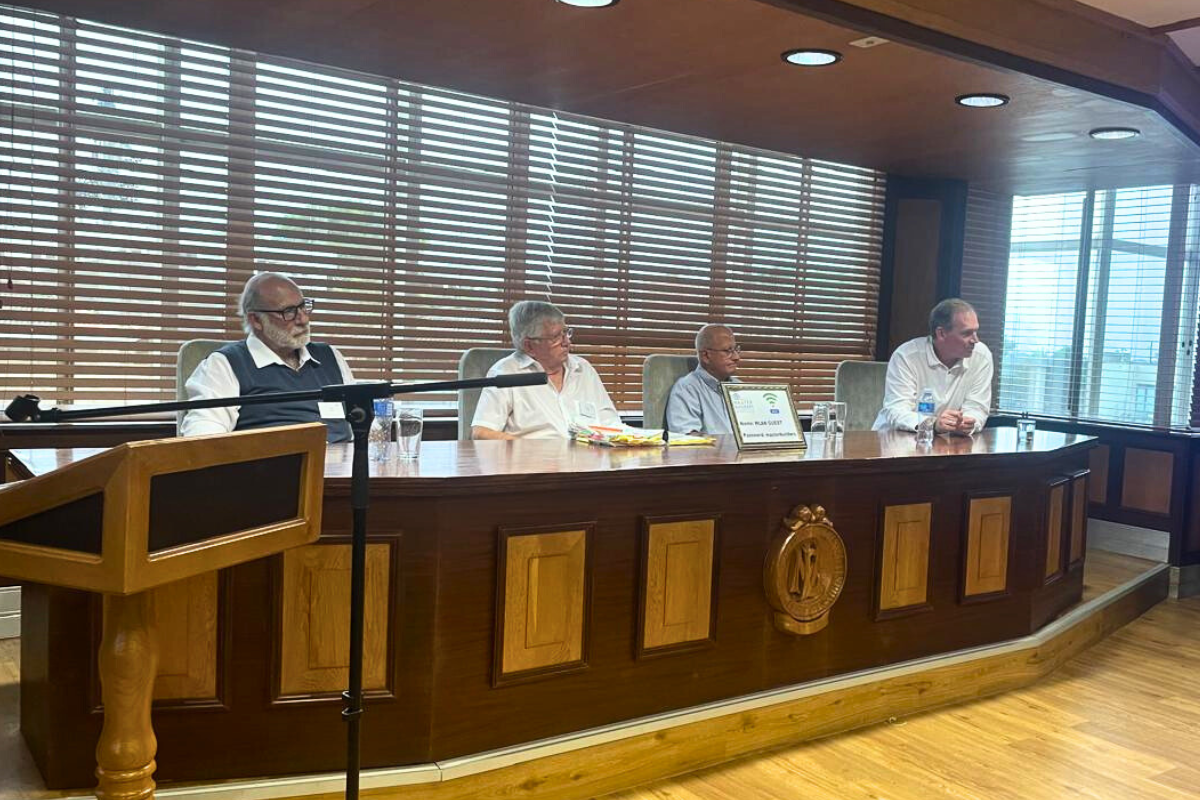There often exists a close similarity between ethics and morals within society, and quite often, the two are used interchangeably. However, it is important to understand that with reference to the former, there are multiple legal frameworks and guidelines that dictate standard professional practices that one needs to follow. While the latter, refers to an individual’s own principles regarding what is right and what is wrong.
The valuation profession operates under the ambient of several policies and legislative frameworks. Mostly commonly known are the; Property Valuers Act 47 of 2000 – SACPVP Code of Conduct, the International Valuations Standard Council – regulations, and also worth noting, is the SAIV Constitution’s Code of Ethics of June 2021 which all members are required to uphold and adhere to. These documents play a pivotal role in highlighting valuers’ professional responsibilities in acting just within the perimeters of the law and those of the organisations that are set to advance the valuation profession.
When conducting valuation reports, the valuer is not only expected to estimate value; but the processing of his valuation should be carried out in accordance with ethical standards which underwrite his/her credibility, efficiency and honesty. A valuer cannot expect to arrive at a logical deduction from the factual data and form a responsible estimate of value unless he exercises diligent care and employs his skill to the best of his ability in making his valuation and compiling his report.
Valuers are expected to be knowledgeable with the necessary training and competence about the type of the valuation that they undertake. They also need to consider the requirements they need to meet for continued professional development. Valuers should shy away from taking shortcuts as this leads to defective and unreliable valuations which one will not be able to adequately substantiate if called to do so.
Quite often we see valuers breaching the ethical code of conduct for reasons including pressure to secure new and protect existing business, pressure imposed by the client in order to meet financial goals, the valuers own poor integrity, lack of knowledge, lack of professionalism, and pure greed!
One of the biggest risks to the profession, are unscrupulous valuers who are not well versed in the valuation of certain property types, but still undertake the work. The result of poor ethics has a dire impact on the profession as it leads to the degeneration of the valuation profession in South Africa, and as we’ve seen in many cases, gives an opportunity for other professions to take over the South African valuer’s business.
Although professional misconduct can sometimes be seen to exist within a grey area, it is important that valuers are always conscious of the consequences that might result in serious disciplinary action taken against them.



